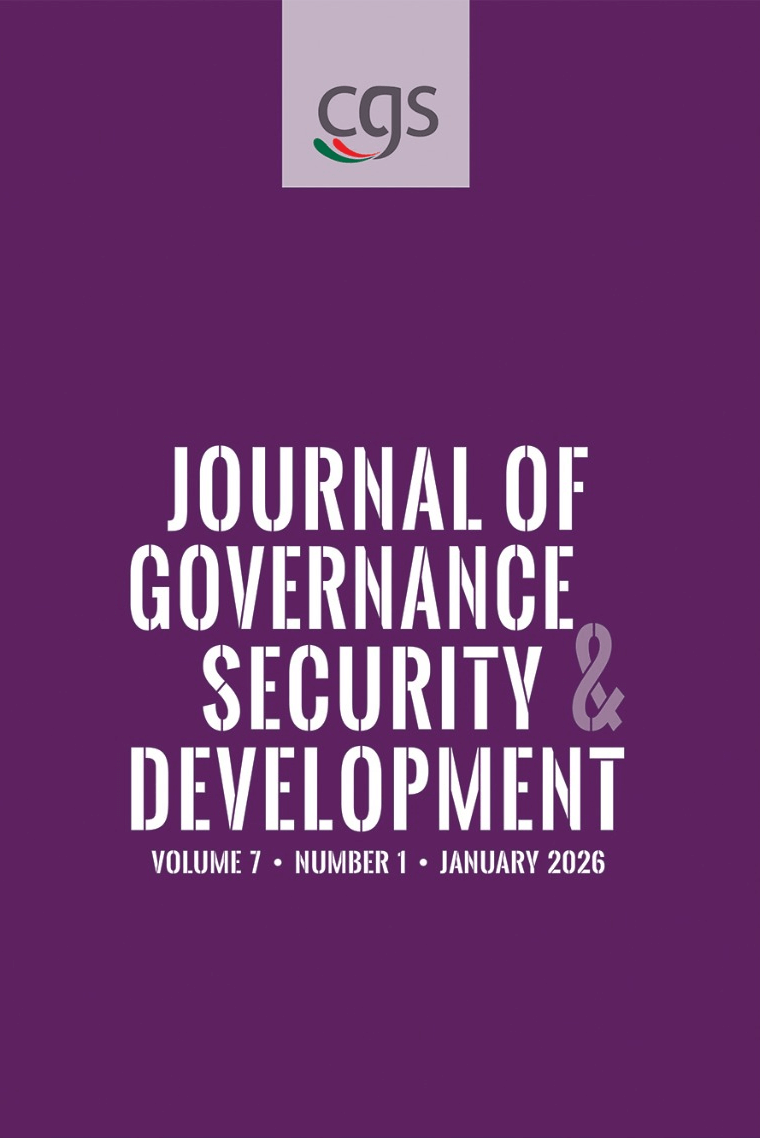Journal Abstract
Volume 6 | Number 1-2
Online Version: ISSN No: 2708-2490
Print Version: ISSN No: 2709-0590
Price: BDT: 750.00, USD: 25.00
Publish Date: 01, July 2025
Article:
Junayed Islam, Md. Harunur Rashid & Rajib Mazumder
Abstract
Launching citizen charters in 2000, Bangladesh's Public Administration Reform Commission (PARC) set off a governance reform aimed at enhancing public sector accountability. Where have these developments in rural governance found expression? In this research, the rural local government Trishal Upazila Parishad (TUP) exhibits optimistic developments as well as continuous problems with charter implementation. A complicated public perception was found by quantitative analysis of 200 randomly selected service recipients. Public acceptance has been given the Parishad's scholarship programs for academic achievers, upgraded sanitary facilities, focused women's development aid, solar energy facilities, and self-employment projects. Although these developments were noteworthy, many respondents avoided evaluating particular initiatives, therefore highlighting widespread knowledge gaps in resources. Public worries about service delays, ongoing corruption, personnel apathy, isolation from decision-making, political influence, and bribes were more alarming. Statistical investigation revealed demographic traits linked with satisfaction, therefore pointing out systematic disparities in service delivery. For those in local government, these findings are very important. This paper provides evidence-based guidance for measures that can make the TUP more responsive, efficient, and citizen-centered as Bangladesh works on administrative reform.


